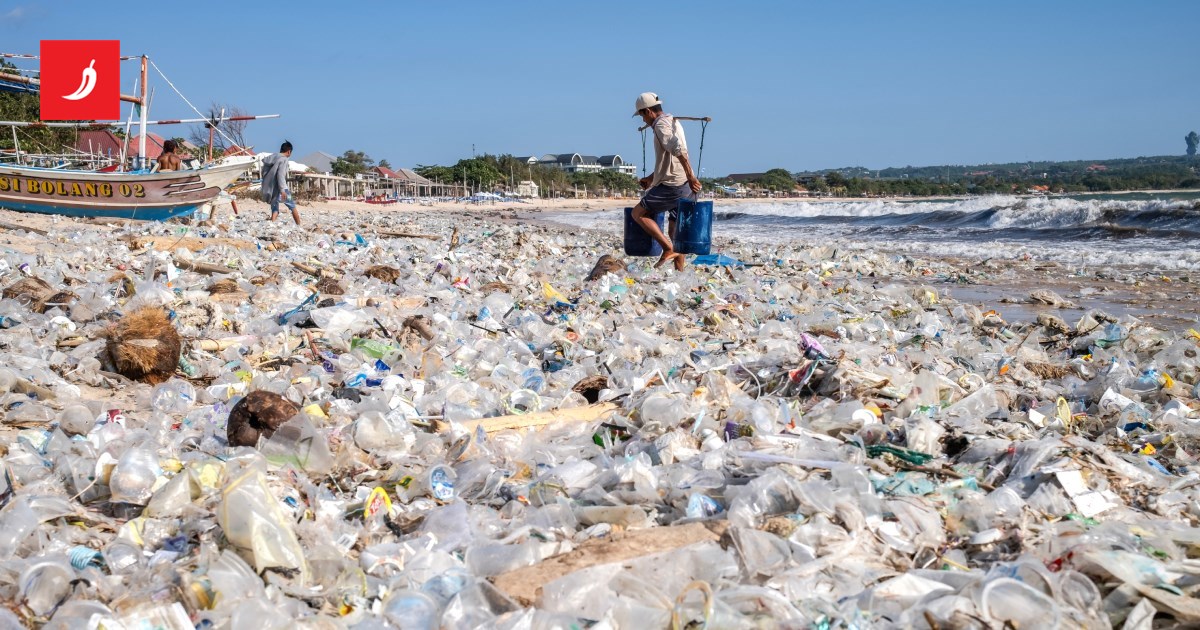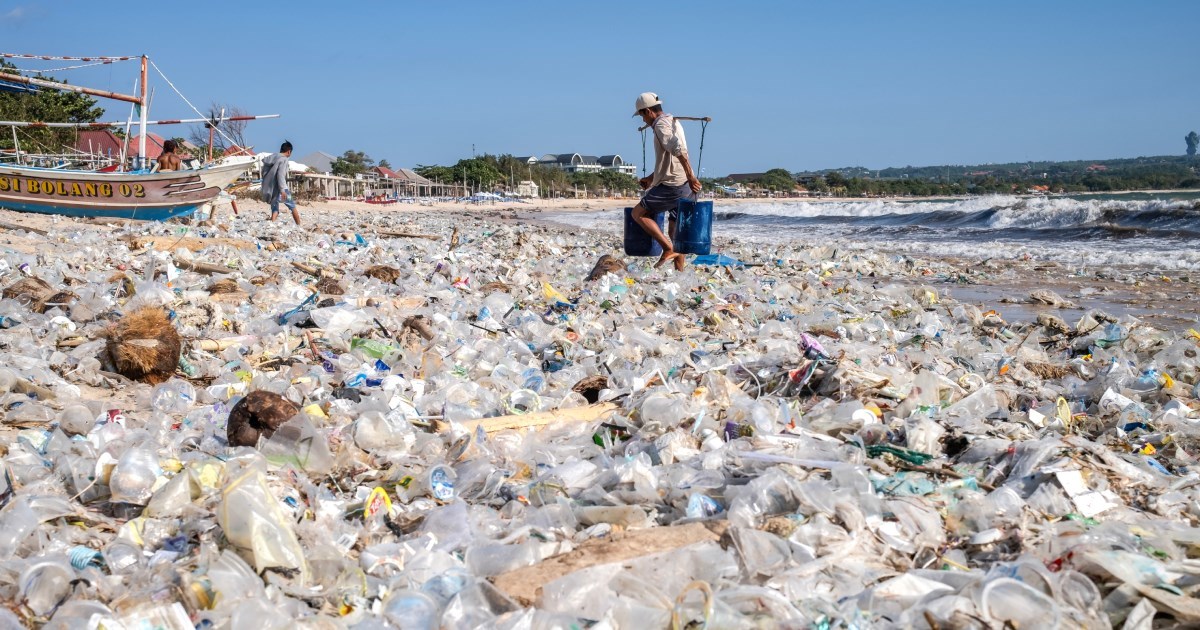France is hosting the UN Ocean Conference in Nice, where world leaders discuss the urgent situation regarding the protection of the world’s oceans. Several countries are expected to announce new protected zones in their territorial waters, but there are concerns about the effectiveness of such zones. Only three percent of the world’s oceans are truly protected from exploitation, far below the target of 30% by 2030. A key step is the expansion of the High Seas Treaty to protect marine life beyond national jurisdictions. France aims for the conference to achieve 60 ratifications necessary for the agreement to enter into force. Croatian Prime Minister Andrej Plenković is attending the conference, and countries are expected to announce increased funding for ocean protection. The conference decisions will be voluntary and not legally binding, but it is hoped they will boost ambition and financing needed to preserve the oceans.
Political Perspectives:
Left: Left-leaning outlets emphasize the urgent environmental crisis facing the world’s oceans, highlighting the need for strong international cooperation and ambitious protective measures. They focus on the shortcomings of current protections and criticize countries like the USA for allowing harmful practices such as destructive fishing and opposing moratoriums on deep-sea mining. The narrative stresses the importance of global solidarity and increased funding for ocean conservation.
Center: Centrist sources report the conference as a significant diplomatic event aiming to unite countries around ocean protection goals. They present balanced views on the challenges of enforcing marine protected areas and the political complexities of ratifying international agreements. The role of France as host and Croatia’s participation are noted, with an emphasis on voluntary commitments and the pragmatic steps toward expanding marine conservation.
Right: Right-leaning coverage tends to highlight the economic and sovereignty aspects, focusing on the interests of national governments and industries. They may stress the importance of balancing environmental protection with economic activities such as fishing and mining. The narrative might be more cautious about binding international agreements, emphasizing voluntary measures and national control over territorial waters.






































